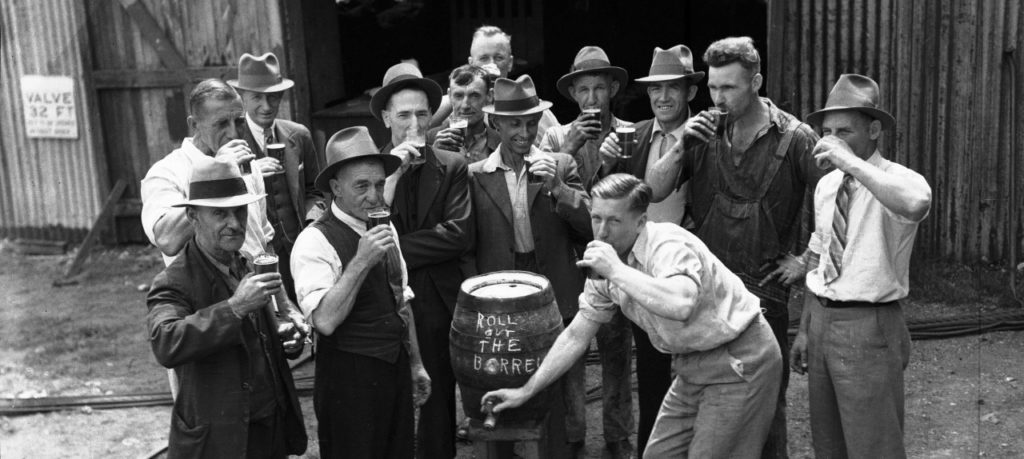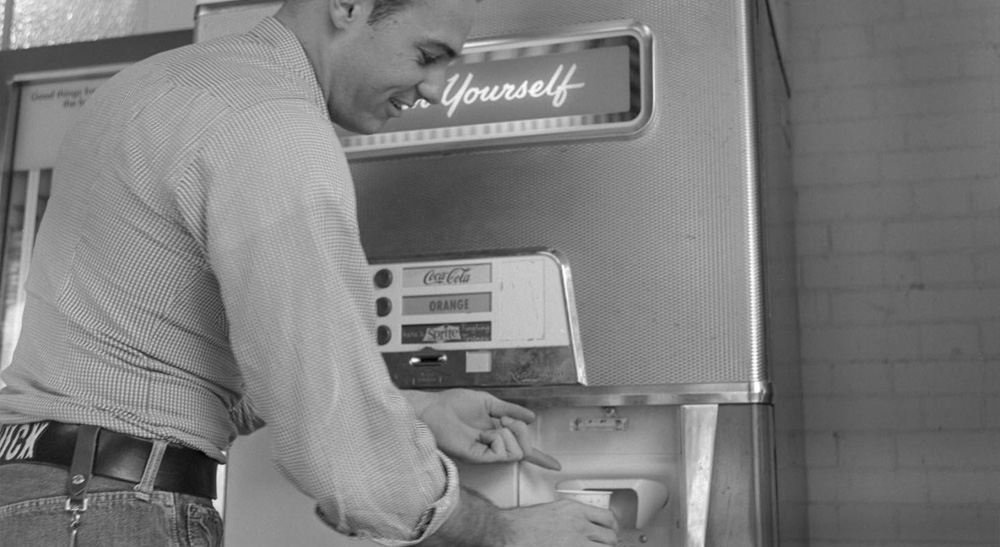
So you’ve found yourself at a company you like, doing work you like, but struggling to stay focused. It’s possible you’re being affected by a number of influences that break your attention and cause you to lose your focus. These influences are not always a bad thing, but can cause negative effects when it comes to you actually accomplishing the goals you have in front of you on a daily basis.
We all want to be good at our jobs (I hope), but we also want to have fun and avoid being stressed. Unfortunately we commonly seek out fun distractions or in some cases accept their presence so often that we actually cause stress. If that sounds counterintuitive, that’s because it very much is.
This post is about reducing your stress at work. I’m going to make points that will sound outright wrong, but after taking a few seconds to step back, will reveal themselves as such common sense you will question your entire being. I’m kidding, but the concept of this will sound tougher than it actually is.
Group Your Task List in Blocks
The first thing we have to do is set yourself up for success. Think of your week ahead and the milestones you, your team, or your supervisor have assigned to you. First, understand your deadlines. These were not arbitrarily set just to have to complete tasks, they likely tie back to a client need or a schedule for your team that requires accountability through each phase. Now that you know what order and timeline you have for each milestone, look at this from a day-to-day standpoint. Take today and break it up into blocks of time you’ll dedicate to each step of today’s overall objectives. Think of this in terms of blocks, rather than hours. You may have 2 half-day blocks, 3 shorter blocks, or 4 blocks of time. The size of your blocks will vary depending on the complexity of tasks in front of you.
Treat each block as a focused work timeframe free of distractions (which we’ll figure out how to do next) so that you can achieve a flow of productivity. Stay off social media, hide-email alerts (unless you are a support person), and avoid leaving your work space unless it’s necessary.
The idea behind this is so simple you are probably rolling your eyes. Stop it, because you’re kidding yourself if you think you already do this, so now is a great time to start. There’s nobody stopping you from successfully implementing this philosophy in your day than you. If you believe work is too hard or too demanding, perhaps focusing on just the work will make it easier. It’s much easier to drive without rain, wind, traffic, and pedestrians everywhere right? This is no different. Focus demands attention. Attention demands dedication. Dedication is controlled solely by you, not your boss or your teammates.
Designate Time Between Work Blocks for Distractions
Do not entirely remove distractions from your day. You will indirectly add stress back into your life if you don’t allow your brain and body to reset occasionally. This post is not a guide to sweatshop culture, it is a guide to organization. Organization requires many parts put into compartments for an effective result. So, let’s talk about how to still be able to check Facebook, read the News online, text your friends, or go for that walk outside. Because hey, you work hard and gosh darn it you deserve it.
You already know what the common culprits are in your life that distract you. They differ for everyone, but they are distract us the same way. So identify your common distractions. They may be self inflicted (social media, snacks) or external influences (coworkers hovering, music), but in either case we can try and avoid them ruining our blocks of productivity and flow.
Between blocks of flow, indulge in your distractions. Set aside time to give your mind a break, stretch your body, and prepare to refocus for another block.
Say you’ve broken your day into 4 blocks of flow. I do this often. Ever since I worked at Wal-Mart after hours during college I fell into a routine of Work, 15 Minute Break, Work, Lunch, Work, 15 Minute Break, Work. So I have a history of being comfortable with my day being broken into quarters. In the morning you work through task number one and block out all distractions. You find a comfortable rhythm and steam roll through your first task of the day. That’s called flow. Your brain has started, implemented, and completed thoughts without distraction. It deserves a break. Now is the time to hop onto Google News and see what’s happening in the world for a few minutes, then check some emails and make sure your team doesn’t need you or a supervisor doesn’t have a question. Let your awesomeness bask in the rewards of the distraction. Then set yourself up for block two and repeat the process.
Blocks of flow may not always be work in its traditional sense. You may have a meeting during one block. That block gets treated just like any other. Don’t check your phone during it, focus on the client or the team as you are there and stay engaged. You know what awaits you after, another respite in the world of social media and your digital vices.
Working Harder = Stressing Less
Sounds ridiculous when you read it, but stop and think about this. It’s human nature to stress ourselves out. We view all that is demanded of us and then pile on thinking about how impossible it is. Then as we feel sorry for ourselves, we make it worse by not tackling the objective head on. We try to distract ourselves in the attempt to alleviate the stress we’ve put on ourselves to begin with. That’s how you fall into the trap of ruining your flow with constant distractions.
The best way to reduce stress is to stay focused on completing tasks in a timely manner.
This is not a trick. Think about this very hard. Stress is caused by a lack of control. Staying focused takes back that control. Stress is caused by feeling overwhelmed. Accomplishing tasks is empowering and crossing items off a to do list feels good in general. Stress is caused by failure. If you are focusing on accomplishing tasks, you will feel the sting of failure less often. Stress is caused by anxiety. If you are focusing and completing objectives you will lose the sense of helplessness that causes anxiety on a day to day basis.
It really is as simple as it sounds. Staying focused will result in a better, a faster, and a stress free work flow. Why would you not want to set yourself up for that success?
Do it for Yourself
Don’t do this because you owe it to your employer. Do it for yourself. If you are someone who seeks out distractions, you are adding to your day to day internal and external stresses. Accomplishing goals feels good. Being reliable feels good. Being happy feels good. This will improve your quality of life ten fold. It will also, in a very sneaky way, make you an incredible asset and help you grow as a professional.
Most importantly, after you find your flow, don’t forget to celebrate between blocks!
Treat Yo’ Self!
